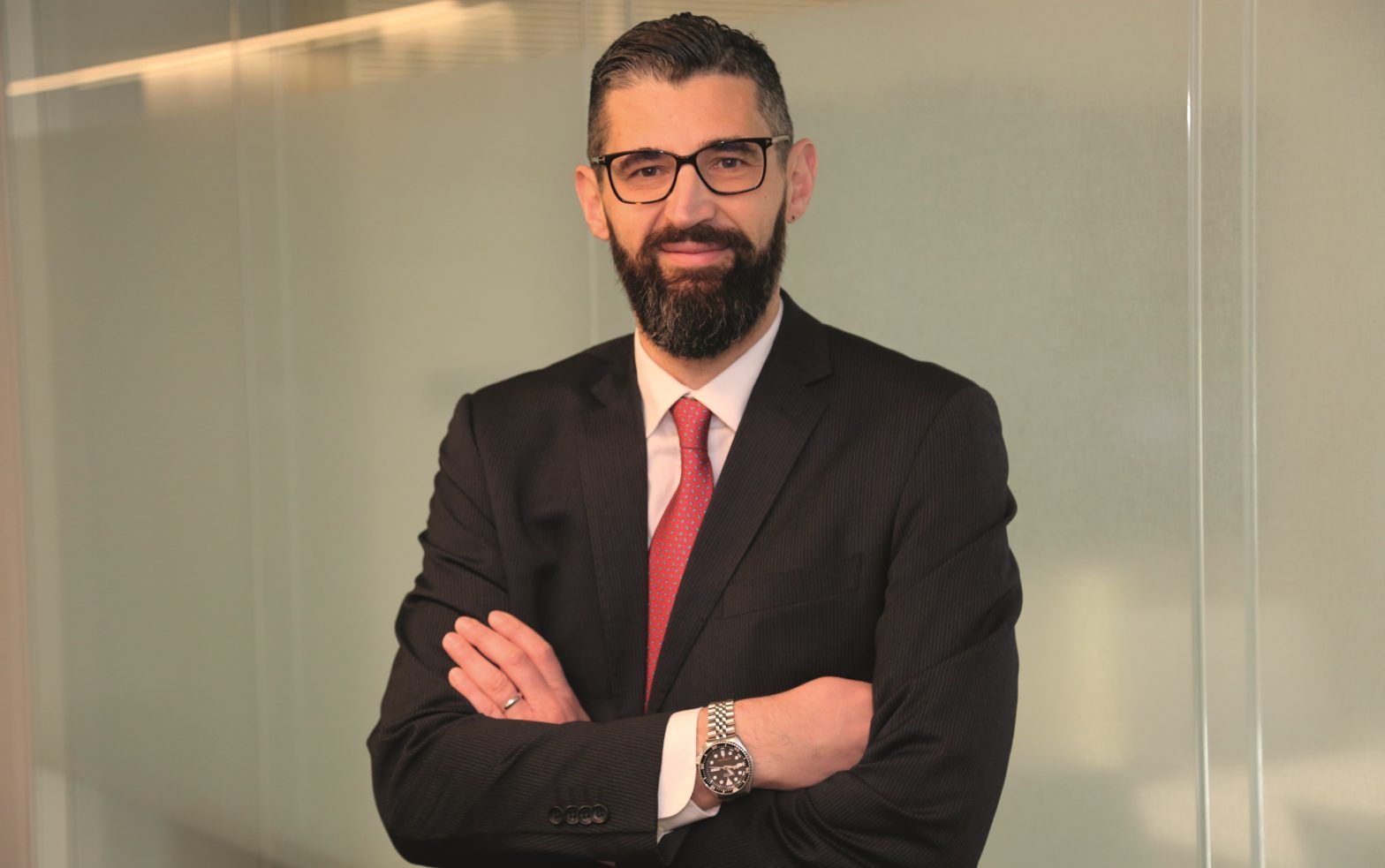Filippo Valvona meets with a lot of portfolio managers. As a senior fund selector presiding over billions of euros, he gets many offers to visit him in Milan or take him out to lunch. But for the first meeting, Valvona prefers to visit managers in their office. If this approach necessitates a 10-hour flight to New York or Hong Kong, then so be it.
“I prefer to go to a manager’s office,” he explains. “It gives you a deeper understanding of their approach and a better sense of how they interact with people. Moreover, there’s a lot of non-verbal information that can help inform your decision.”
Prior to a meeting, Valvona and his team trawl reams of information about the fund. “Little inconsistencies can raise questions,” he says. A fund might claim, for example, to have a team-led consensus approach.
But upon closer inspection, the lead manager’s desk is on a different floor from other staffers.
“It’s these elements that help build a clearer picture,” Valvona explains, on top of the standard analysis of past performance and risk, of course.
“At the end of the day, distinguishing a good fund manager is not easy. You’re investing clients’ money and you have full responsibility. You need to look at everything.”
In another meeting, Valvona recalls noticing that a tiny proportion of a fund – just 0.3% – was invested in an obscure asset.
When put on the spot, the manager could not explain the rationale for the investment. “This is not good enough,” Valvona says.
“A manager needs to be aware of every part of the portfolio. “When I buy a fund, I must be 100% sure where I’m putting my money. I need to know where it’s going to fit in my portfolio because I will combine it with other strategies.
“Sometimes you get it wrong, you’re only human, but if you look at every element and create as clear a picture as possible then you can reduce that possibility.”
Milan to mega-merger
Valvona grew up in southern Italy near Costa Verde and was drawn to the analysis of possibilities from an early age. He studied economics in Naples and financial planning in Milan before moving into asset management.
He joined Pioneer Investments in 2004, working in quantitative research and portfolio management before fund selection.
In 2016, Pioneer was acquired by Amundi in a €3.5bn mega-merger as part of the French asset manager’s efforts to create a European rival to Blackrock. Under the deal, former owner UniCredit still sells Pioneer’s products through its branches in Italy.
The Amundi acquisition has shaken up the business. The fund selection team – split between Milan, Dublin and Paris – now has additional tools to stress-test funds and compare them to their peer group.
“Everyone in the team is responsible for a particular asset class as well as being a portfolio manager,” he says.
Valvona manages a portfolio of unit-linked and segregated mandates for various institutional clients, in addition to researching global, euro high-yield and emerging markets bonds.
“I look at emerging market bonds, but I also manage their performance. In our view, it is important that there is a correlation between the funds we select and those we buy.
If we like a fund, we can show commitment by putting it in our portfolio.
“It aligns our interests with our clients’ interests as much as possible.”
Likewise, Valvona prefers to select funds where the manager is invested themselves.
“A fund manager needs to believe in their fund and the best way to demonstrate commitment is to be invested with a percentage of your own money,” he says. “Otherwise it suggests a lack of conviction.
“I am always looking for new opportunities and to discover new funds that can deliver overperformance,” Valvona continues.
But he does not restrict this search to Europe-domiciled options, despite being based in Milan.
“You need to look beyond the European fund universe to have a truly global approach,” he says.
He makes regular trips to the US to scout out new investments. If a US-based fund is performing well, Amundi might approach the managers and ask them to make the strategy available in Europe.
Valvona says he’s open to a “contrarian” approach when the data is supportive.
“We’re not shy about buying funds that are underperforming if we can identify a clear rationale for that underperformance and we like the manager,” he explains.
“I’m willing to consider funds that are not performing in the first half of the year but might perform in the second half,” he says, adding that his aim is to invest early in funds that are out of favour and benefit from the compound effect as other investors follow.
Storms ahead
Strategies that allow investors to stay one step ahead of the rest of the market may sound attractive on paper but the surge in market volatility during the past year has further complicated the already tricky task of selecting funds.
As growth slows, many observers fear a global recession may be around the corner.
The risk assets Valvona focuses on have been under pressure from rising rates, a strong dollar and declining liquidity.
“I don’t know if we’re going to have a recession,” he says. “But we do know that growth is slowing.”
Amundi’s fund selection group has responded to the downturn in market conditions and squeeze on liquidity by increasing exposure to more active day-to-day management and playing it safe with more established names.
“If you are heading out to sea in choppy conditions, do you prefer a transatlantic liner or a small speedboat?” Valvona adds philosophically as we wind up the interview: “In the middle of a tempest it’s much better to arrive at the harbour in one piece than not at all.”








